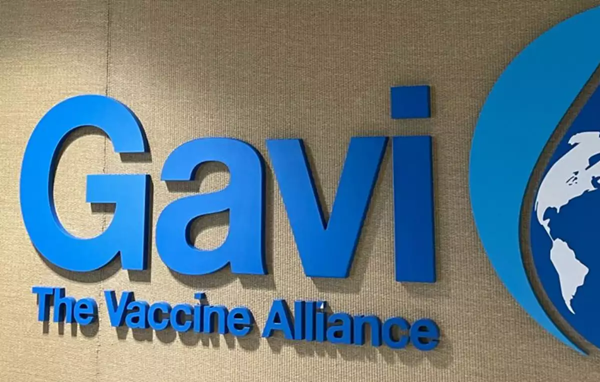
The Federal Government has officially launched the third phase of the Gavi Health System Strengthening (HSS-3) programme, a key initiative designed to improve immunisation coverage and enhance the delivery of Primary Health Care (PHC) services across Nigeria.
The programme was flagged off in Abuja by the Minister of Health and Social Welfare, Prof. Muhammad Pate, who was represented at the event by the ministry’s director and head of the department of health planning, research and statistics, Dr. Kamil Shoretire. In his address, the minister reaffirmed the government’s commitment to revitalizing the country’s health sector through better coordination, increased domestic financing and equitable access to life-saving vaccines, especially for vulnerable and underserved populations.
He emphasised that Nigeria’s ongoing health reforms are focused on saving lives, reducing financial hardship for families and ensuring universal access to quality healthcare. According to him, the country’s collaboration with Gavi, the Vaccine Alliance, has been instrumental in expanding immunisation services. From supporting the COVID-19 pandemic response to the recent introduction of vaccines for Human Papillomavirus (HPV), malaria and Meningitis A (MENA), the partnership has had a transformative impact on national health outcomes.
“The Government of Nigeria under President Bola Tinubu is committed to reducing maternal and child mortality. We see investments in health as both a dividend of democracy and a fundamental right of every citizen,” he said.
Pate noted that the adoption of the sector-wide approach (SWAp) and the signing of a Health Compact in December 2023 had strengthened coordination, minimised duplication of efforts and fostered deeper stakeholder engagement. He assured Gavi and other international partners that their investments would be matched by domestic resources and governed through transparent and accountable mechanisms.
He commended the National Primary Health Care Development Agency (NPHCDA) and its partners for their tireless efforts in implementing the HSS-3 programme and expressed optimism about the initiative’s long-term impact on Nigeria’s public health system.
Executive director of the NPHCDA, Dr. Muyi Aina also spoke at the event. He described the launch of HSS-3 as a significant milestone that aligns with the Health Sector Renewal Investment Initiative under Tinubu’s ‘Renewed Hope’ agenda. Aina highlighted that HSS-3 builds on the momentum of previous phases, particularly the recently concluded HSS-2 programme, while introducing innovative strategies for reaching underserved communities.
“This phase represents a unique and inclusive partnership. It underscores our collective commitment to ensuring no child is left unimmunised,” he said.
He explained that the programme supports Nigeria’s Identify, Enumerate, and Vaccinate (IEV) strategy, which seeks to drastically reduce the number of zero-dose children and improve routine immunization delivery. He revealed that, through initiatives like the Zero-Dose Reduction Project (ZDROP), Routine Immunisation intensification campaigns and the Big Catch-Up, over 1.7 million previously unreached children have now been identified and vaccinated.
Since 2018, approximately 91 million children under the age of five have been reached during measles catch-up campaigns. In addition, the malaria vaccine has been introduced in Bayelsa and Kebbi States, reaching 105,000 children through integration into routine outreach activities.
Aina also noted that 13.5 million girls aged 9 to 14 have received the HPV vaccine across all 36 states and the Federal Capital Territory. The HPV vaccine has now been fully incorporated into the national routine immunisation schedule at no cost to eligible girls.
The rollout of vaccines for Mpox and COVID-19 to targeted populations – particularly healthcare workers and immunocompromised individuals in high-burden states – has further strengthened Nigeria’s frontline health security and outbreak response capabilities.
He attributed much of this progress to significant upgrades in cold chain infrastructure. Over 10,000 solar-powered refrigerators have been deployed to PHC facilities nationwide, while new cold storage hubs in Lagos and Kano have been established to complement the central hub in Abuja. These improvements, he said, were made possible through strong government leadership, increased domestic funding and unwavering support from development partners, especially Gavi.
“As we begin the implementation of HSS-3, Nigerians will see more responsive, integrated, and inclusive health services at the community level. We call on all stakeholders to play their part in making this programme a success for the health of our nation,” he added.
Science Nigeria reports that Gavi has committed a $191 million grant to support Nigeria’s immunization efforts under HSS-3, with the goal of reaching at least 1.8 million zero-dose children by 2028. The bulk of the funding will be directed toward states and civil society groups. Additionally, Gavi has pledged another $100 million to support a nationwide measles-rubella campaign that aims to vaccinate more than 100 million children in 2025.

